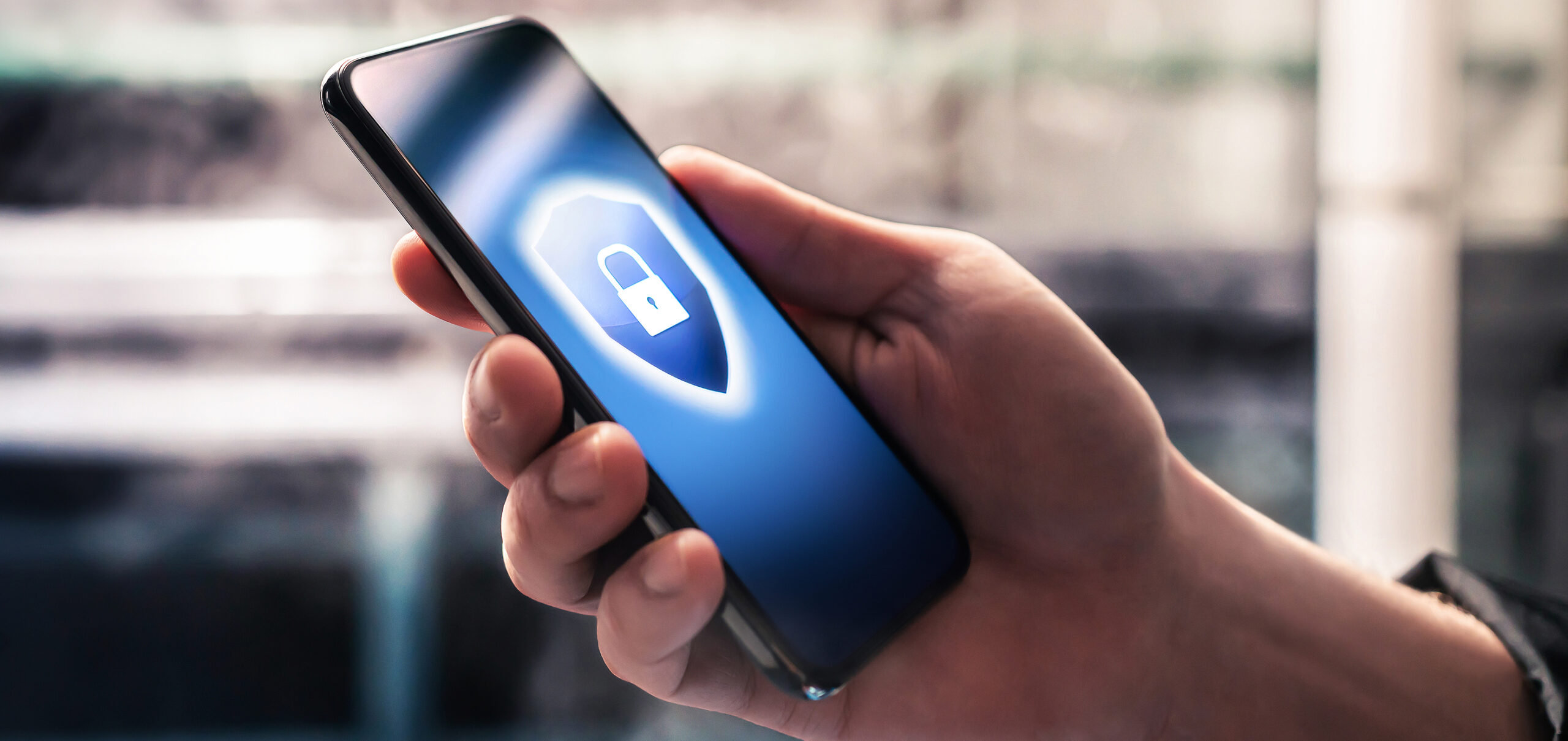
The digital age has brought with it many advancements, but with these advancements come new challenges, one of which is the issue of spyware on smartphones. Apple’s iPhone, renowned for its security features, has recently been facing an escalating problem with spyware attacks. Reports have surfaced indicating that users in over 150 countries have been targeted by sophisticated spyware campaigns since 2021, with the latest being linked to a Chinese spyware campaign known as LightSpy.
LightSpy is a sophisticated iOS implant primarily used in espionage campaigns. It targets Apple device users and exfiltrates victims’ private information, including hyper-specific location data and sound recordings. The spyware has been distributed through compromised news sites and can harvest sensitive data from popular apps like Telegram, QQ, and WeChat. Recently, it has also been observed targeting macOS devices, posing a risk to businesses running Apple’s desktop machines.
One of the most concerning aspects of these spyware attacks is the use of “zero-click attacks,” which do not require the victim to click on a link or download an image. Instead, the spyware can be delivered via an iMessage or WhatsApp image that automatically plants the spyware on the device. This method was detailed by researchers who highlighted the use of an iMessage-based, zero-click exploit used to target a Saudi activist.
Many users will never be targeted by such attacks, and Apple has been proactive in addressing these issues, sending out notifications to affected users and offering advice on how to protect oneself from these attacks. For iPhone users, it is crucial to stay informed about these developments and take proactive measures to protect your device and personal information. Here are some steps you can take:
- Stay Updated. Keep your iPhone’s operating system up to date, automatically. Apple regularly releases security patches to address vulnerabilities. (Settings > General > Software Update)
- Be Cautious. Avoid clicking on suspicious links or opening unexpected attachments, even from trusted sources, especially those sent via text.
- Secure your Devices and Accounts. Use PIN codes, complex passwords, and multi-factor authentication on all your devices and accounts. This is paramount and will greatly reduce your risk of being compromised.
- Lockdown. If you believe you have been targeted by a sophisticated cyberattack, utilize Apple’s Lockdown Mode, which provides an extra layer of security. Please note this is an extreme step that only allows minimal functionality of your iPhone once enabled. (Settings > Privacy & Security > Lockdown Mode)
- Limit App Permissions. Review app permissions and restrict unnecessary access to sensitive data. For example, disable access to your microphone, camera, or photos for apps that don’t need it.
- Seek Assistance. Consider seeking assistance from security experts if you suspect your device and/or accounts may be compromised.
The rise of spyware attacks on iPhones is a reminder of the ongoing battle between technological advancement and cybersecurity. It is a complex issue that requires vigilance and proactive measures from both users and tech companies. By staying informed and taking the necessary precautions, iPhone users can help safeguard their devices against these intrusive and dangerous attacks.

